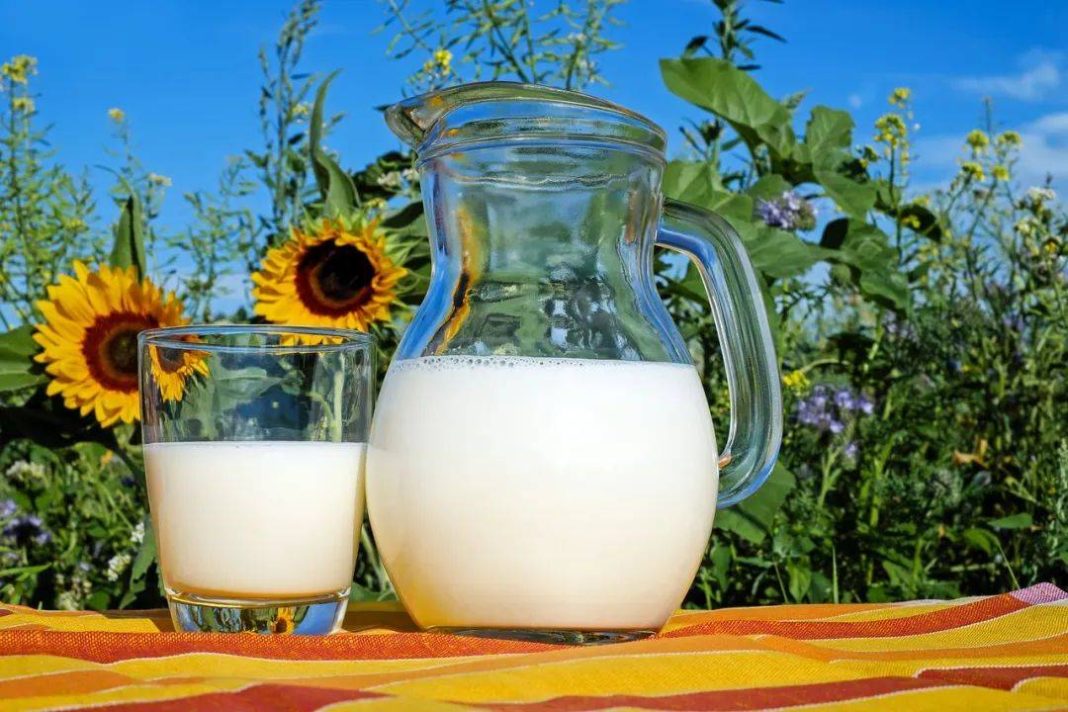People often say, “To lose weight quickly, eat more protein!”
Why is it necessary to eat more protein when losing weight?
As one of the three major sources of energy, protein plays an essential role in weight loss. When it comes to “losing weight,” many people immediately think of “eating more protein.” This is because protein is a key component of muscles, and similar advice is heard when talking about “building muscle.” Nowadays, a high-protein diet has become the preferred choice for many weight loss plans and has also led some health-conscious individuals to believe that “the more protein, the better.”
This concept raised two key questions:
1. When losing weight, is it more effective to consume more protein?
2. In our daily diet, are we consuming too little or too much protein?
Next, we will delve into these two questions in detail.
Image source: pixabay
High-Protein Diet: Ideal for Weight Loss or a Health Misconception?
A high-protein diet has become one of the most popular dietary trends nowadays, with many people believing that “high protein” equals “healthier.” Since protein-rich foods usually provide a strong sense of fullness and have a relatively low energy density, compared to fruits, vegetables, and grains, proteins have the longest digestion period:
Fruits generally take about 30 minutes to 1 hour to be digested and absorbed;
Vegetables require approximately 45 minutes to 2 hours;
Grains need 1.5 hours to 3 hours;
Proteins usually take around 1.5 hours to 4 hours. It is evident that protein is very suitable for those looking to lose weight.
Therefore, many products highlighting “high protein,” such as chicken breast salad, protein powder, protein bars, have flooded the market both online and offline, occupying a significant position on food shelves. In foreign markets, products like breakfast cereal and instant noodles with added protein can be found. The “high protein” concept holds great appeal to consumers.
This trend has led more people during their fitness and weight loss journey to choose a “high-protein” diet as high-protein foods have advantages such as weight loss, muscle building, stabilizing blood sugar, increasing satiety, and enhancing the thermic effect of food. However, when it comes to consuming protein, does it mean there is no limit to protein intake?
Image source: pixabay
How is Excess Protein That Exceeds Daily Intake Metabolized?
To address this issue, it is first necessary to determine how much protein should be consumed daily and how excessive protein is metabolized in the body.
From a single nutrient perspective, the World Health Organization, the Food and Agriculture Organization of the United Nations, and other institutions updated the recommended daily protein intake in 2007: for healthy adults, it is 0.83 g/kg/d. For example, for an adult weighing 60 kg, it would be 49.3g per day.
From the perspective of total dietary energy, the dietary guidelines in China and the United States recommend an acceptable range of protein intake to be 10%-35% of total calorie intake. For instance, in a 2000-calorie daily intake for an adult, 200-700 calories come from protein, which is equivalent to 50-175 grams of protein, fully meeting the recommended daily intake.
Therefore, for the average person, does consuming more protein than the recommended daily intake promote muscle synthesis better? Is more always better?
Proteins in food are digested and absorbed, converting into amino acids, which are used for synthesizing new proteins and renewing bodily tissues. In specific circumstances such as growth and development, pregnancy, lactation, recovery from illness, or after intensive strength training, the body increases protein synthesis to promote muscle growth. However, the capacity to increase protein synthesis is limited, with the period of newborn infancy showing the most robust tissue synthesis capabilities, often surpassing even that of Olympic-level athletes.
Therefore, when excessive protein intake is not utilized for synthesis, it is either utilized for energy or stored (converted into fat) or excreted as waste through urine and feces.
Image source: pixabay
There Are No Benefits to Excess Protein Intake
Our traditional dietary habits primarily revolve around grains and vegetables; however, with rapid economic development, China’s per capita protein intake is actually not low. According to data from 2013:
The average daily protein intake for Chinese individuals is around 300-350 calories, accounting for 12.2% of total calorie intake, equivalent to 75-87.5g, which already meets the recommended intake of 0.83 g/kg/d.
From 1980 to 2013, China witnessed the fastest decline in the proportion of energy derived from carbohydrates and the fastest increase in protein energy supply ratio.
In large cities, the proportion of protein energy supply is higher, with individuals consuming more protein per capita.
This signifies an improvement in China’s overall dietary standards. This also indicates that there may be no need to worry excessively about the need for additional protein supplementation.
While theoretically there is no upper limit to protein intake, consuming more than 2.0 g/kg/d of protein daily does not offer any additional benefits to the body. Excessive protein intake may lead to weight gain, and protein-rich foods, especially those of animal origin, often contain higher saturated fats and sodium, which, when excessively consumed, may elevate the risk of conditions like hyperlipidemia and hypertension. For individuals with kidney disease, reducing protein intake is necessary.
Image source on the web: omitted by reason
Most dietary extremes tend to have deficiencies. In terms of protein intake, neither too little nor too much should be consumed. A balance must be struck for most nutrients concerning health, and only by consuming an amount that suits individual needs can health be maintained. We must not jeopardize long-term health for short-term weight loss goals.
Images, videos, fonts, music, and other materials used in the article are either purchased authentic works or derived from the internet, WeChat public image library, copyright-free image libraries, or created by the company.
Utilized under the CCO protocol, all rights belong to the respective owners, and the source is diligently credited by the editor.
For any inquiries, please contact us.
Critiques and corrections are welcomed! Sincere thanks!


